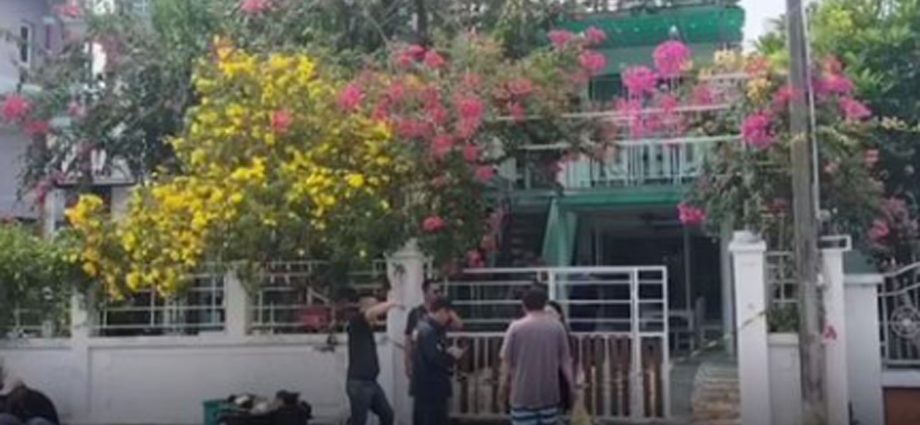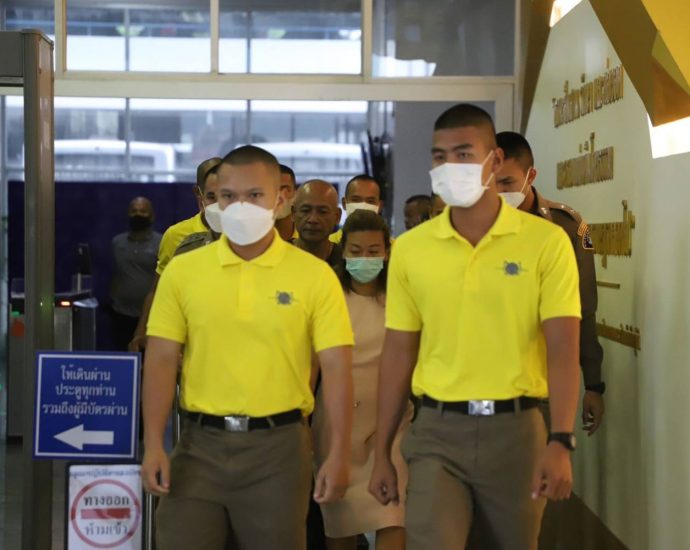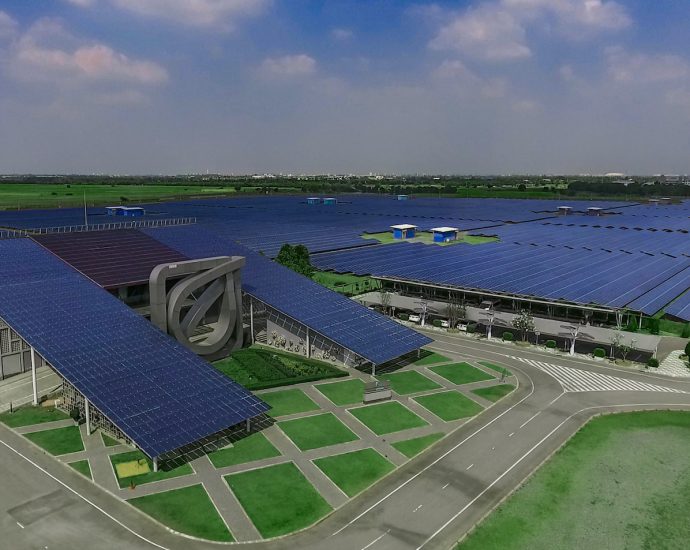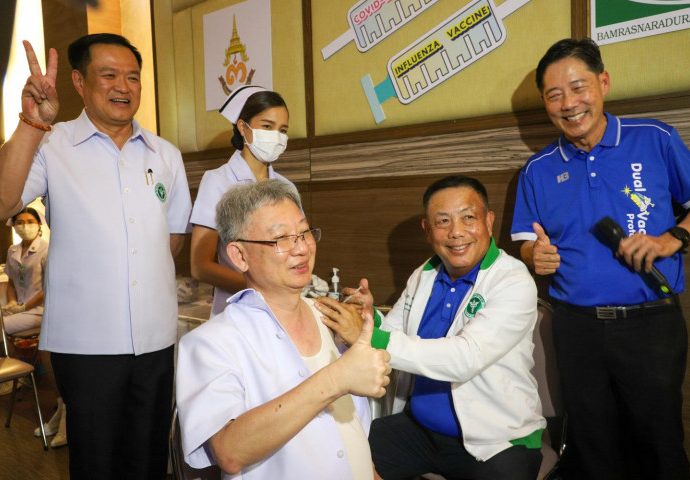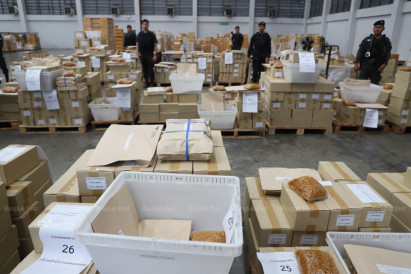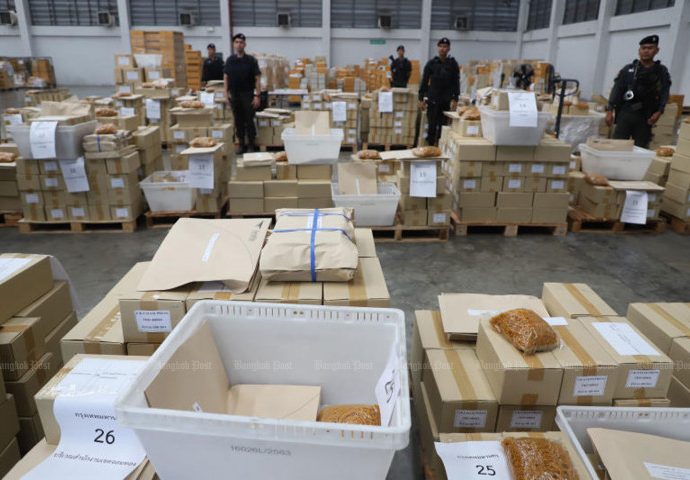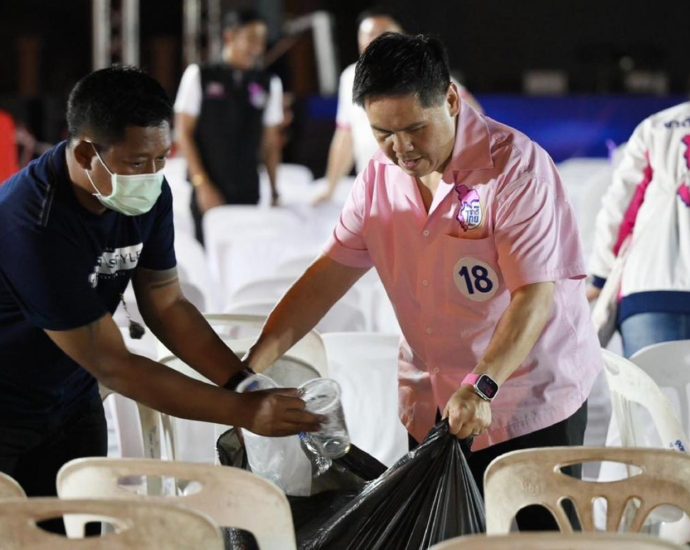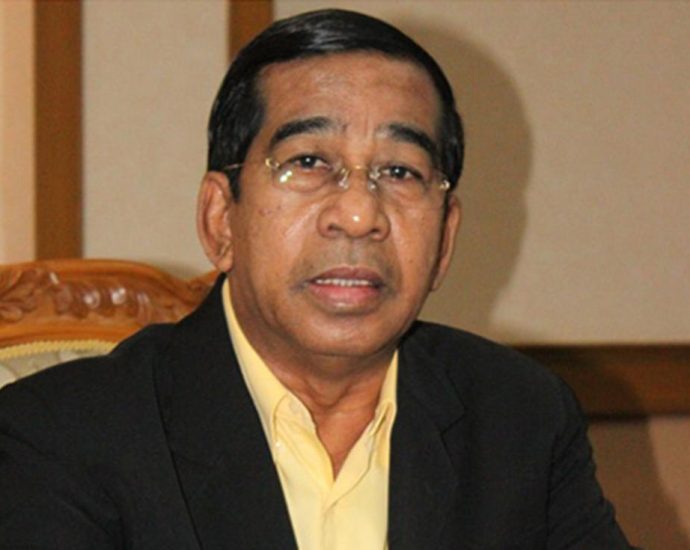Chinese tourists tied up and robbed in Pattaya
One suspect arrested in Rayong, two others sought in theft of car, valuables and nearly B400,000 in cash

One of three men who broke into a house in Pattaya and tied up three Chinese nationals and robbed them of cash, a car and other valuables has been arrested in Rayong.
A team of Pattaya police arrested the man in a room in Muang district of Rayong at around 4.30am on Thursday. He was identified as Chaichana Phimpha, 28, Thai media reported. A manhunt is continuing for the two other suspects.
The robbery took place at a two-storey house at the Pattaya Muang Mai housing estate in Bang Lamung district in the early hours of Wednesday, said Pattaya police.
Police and forensic officers responding to a call found three Chinese tourists — two men and one woman — still gripped with fear. They had sustained bruises on their bodies and the house had been ransacked.
The three — Wang Zhijun, 35, Gu Junjie, 37 and Ms Lin Xuerui, 27 – told officers that three men, all wearing woollen hats, entered the house early Wednesday.
One of them pointed a gun at them and the other two men used electrical wires to tie their hands and feet. After forcing them to show where their valuables were kept, the trio took 170,000 baht in cash, four mobile phones, one iPad, three watches and a gold ring.
The gang then forced them to make two online money transfers totalling 207,400 baht. They also removed a closed-circuit television camera and took it before fleeing with the victims’ Honda car.
Forensic officers have collected fingerprints in the house. Police investigators have also examined security video from cameras along possible escape routes.

